April 14, 2025 | 20:39 GMT +7
April 14, 2025 | 20:39 GMT +7
Hotline: 0913.378.918
April 14, 2025 | 20:39 GMT +7
Hotline: 0913.378.918
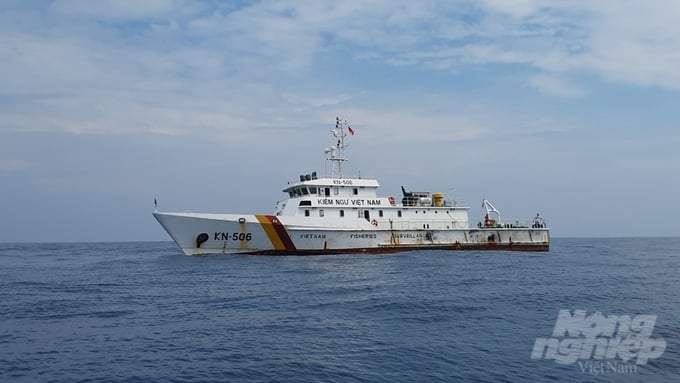
Fisheries Surveillance Ship 506 patrols and controls fishing activities in the Southwestern waters. Photo: Kien Trung.
On 11 September, the Fisheries Surveillance Ship 506 departed at Phu Quoc port for the An Thoi Sea. In the very first days of the voyage, the sea was calm and the sun shone, and the ship sailed through a number of locations, including Ong Doi Cape, Hon Thom Island, and Canal 1 among others.
Most of the vessels we encountered were trawlers; squid fishing vessels are under 15 meters long. On the vessels' roofs, lights dangled and wavered as the wind blew. When night descends, these light bulbs illuminate the entire vessel to entice shoals of squids, so the next day the fishing boat's roof will be covered with squid.
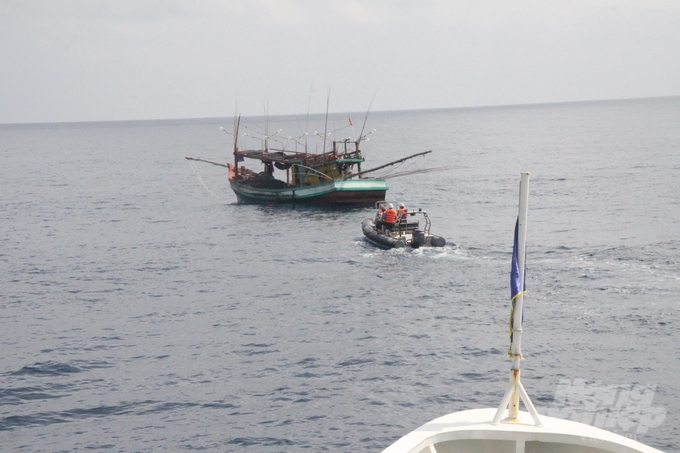
The working group's canoe approaches the fishing vessel in the sea. Photo: Kien Trung.
The ship reached a vast expanse of water on the third day. Mr. Nguyen Van Duc, commander of ship KN - 506, anchored the vessel within the Vietnam-Cambodia Historical Water Area, which was depicted on the nautical chart as a quadrilateral. At this period, single fishing vessels were uncommon. They are as insignificant as a distant dot floating above a vast, flat body of water as they stand on the veranda overlooking the vast ocean.
Mr. Tran Nam Chung, chief of the working group, pointed to the distant green dot and explained, "In the middle is the smallest and lowest island, Thay Boi. On the right is Hon Dua, an island in the southwest, whereas on the left are Cambodian islands. The island of Thay Boi is the dividing line between the islands of the two countries. The vessel is located in Cambodia's Historic Water Area."
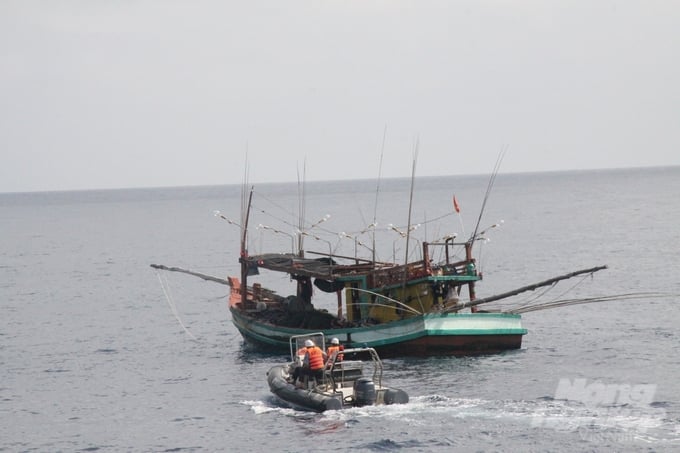
Approaching the fishing boat on the afternoon of September 13. Photo: Kien Trung.
The goal is also the mission of the ship KN-506 on this business trip, which is to detect, prevent, and handle illegal fishing violations while also propagating, supporting, and encouraging fishermen to exploit fisheries in accordance with the law in Vietnamese waters, removing the IUU yellow card gradually.
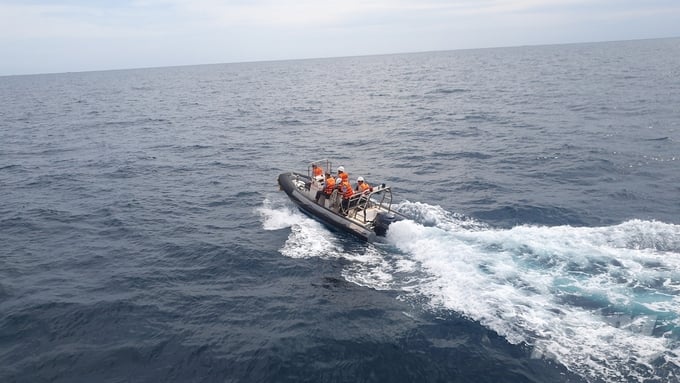
Canoes patrolling at sea of Patrol Group No.7 of Region V Fisheries Control. Photo: Kien Trung.
On the morning of September 13, five officers from the KN-506 vessels approached a fishing vessel operating in the Vietnam - Cambodia Historic Water Area with the control plate KG-93804-TS. It was reported over the phone that this fishing vessel had committed numerous violations, including having a driver without a captain's license, failing to maintain a fishing journal, etc. The proposed plan is to document the violation immediately and then assign the commander to the Fishery Inspection vessel.
Mr. Ho Van Buon, 46, was the helmsman of KG-93804, and he appeared perplexed and concerned. Mr. Tran Nam Chung calmed him down after the administration verified the procedures. Then, Mr. Buon confessed to his violations.
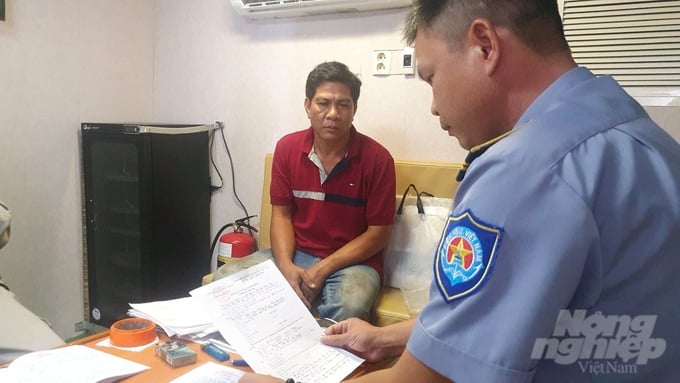
The driver of the Kien Giang fishing boat KG 93804TS (red shirt) worked with the fishery inspection officer of ship 506 on the afternoon of September 13. Photo: Kien Trung.
Mr. Buon, with tears in his eyes, explained that he is the primary provider for his wife and two children, the eldest of whom is 16 and the youngest of whom is 8 years old. During the COVID-19 epidemic, all fishing and exploitation had to cease in accordance with anti-epidemic regulations. After the conclusion of the epidemic, he sailed again the previous year. His mother died after a few months, he returned to the mainland to take care of business, and he has only been back for a few months...
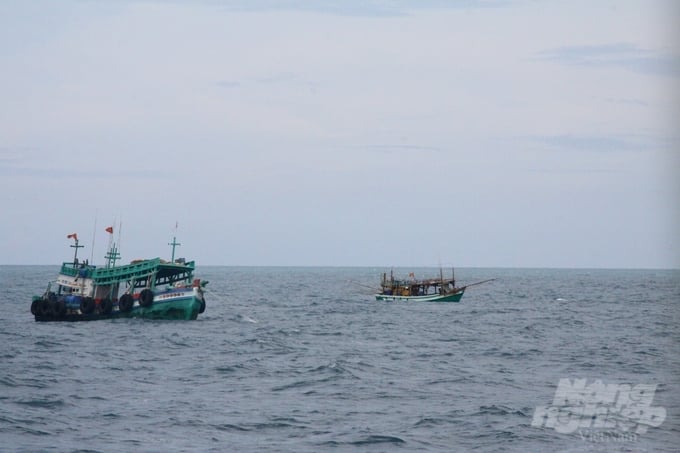
Fishing boats operating in An Thoi waters. Photo: Kien Trung.
"Because I lack money to purchase a vessel, I rent one. The ship's owner pays for fuel, provisions, and crewmembers, and I am the captain. What is it priced at? The remainder is distributed proportionally, with the shipowner receiving 70%, the captain (chief engineer), and the personnel receiving the remaining 30%. This is a very demanding work, far from wife and children, and the entire family relies on seafarers for support. If you strike the fish hub and have a surplus, you will have revenue, but if you don't, you won't have enough money for oil and won't be able to share with your crew," Mr. Buon revealed.
Mr. Buon's duo of twin-hulled vessels set sail on August 23, nearly a month ago. 250 million VND were earned from selling fish to the new procuring vessel. Mr. Buon exhaled regretfully, "If this continues, we'll all starve to death because there's no money to share."

The patrol team took pilot Ho Van Buon to ship KN-506 to check fishing logs at sea. Photo: Kien Trung.
The problem of foreign vessels (primarily Cambodian vessels) appearing in the historic waters area within the territory of Cambodia and collecting fishing fees on a per-day or per-month basis is an additional burden that many Vietnamese fishing vessels must endure.
In 2019, it was quite common for Vietnamese fishing vessels to be "ruled" by Cambodian vessels. Typically, subjects traveling on motorboats approaching Vietnamese fishing boats also wear the costumes of Cambodian law enforcement forces, but no one can confirm whether they are "real" forces or not because so many subjects impersonate them, exploiting the vast sea area to threaten fishing vessels at sea.
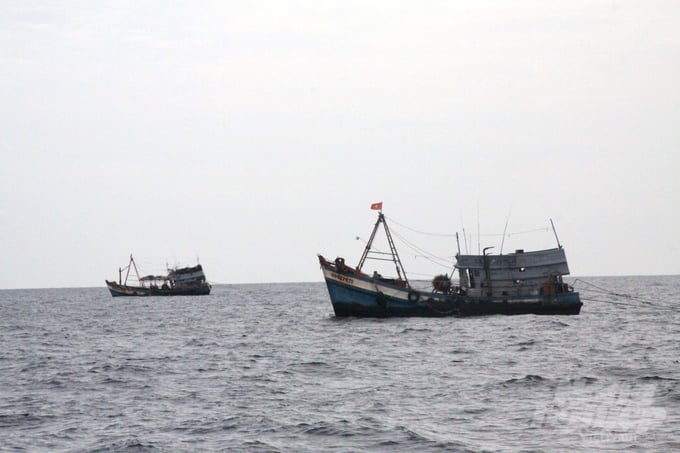
Pairs of ships operating in the historic waters of Vietnam - Cambodia. Photo: Kien Trung.
If the fishermen do not comply, their boat will be towed back, their assets and artifacts will be confiscated, and they will be held for ransom at a rate of 50 million VND per person. "There are instances in which Vietnamese fishermen are operating in internal waters, foreign ships appear and pull into their waters, film and take photographs as false evidence, then tow the ship, confiscate property, and take all of the fish captured by the Vietnamese. "These individuals are 100 percent not law enforcement officers; they are impersonators," stated Chung.
In response to feedback from fishermen, Region V Fisheries supervision has organized increased surveillance and supervision of the sea area to prevent the occurrence described above. When they saw the silhouette of the Vietnamese Fisheries Surveillance ship, the aforementioned individuals did not dare operate or flee.
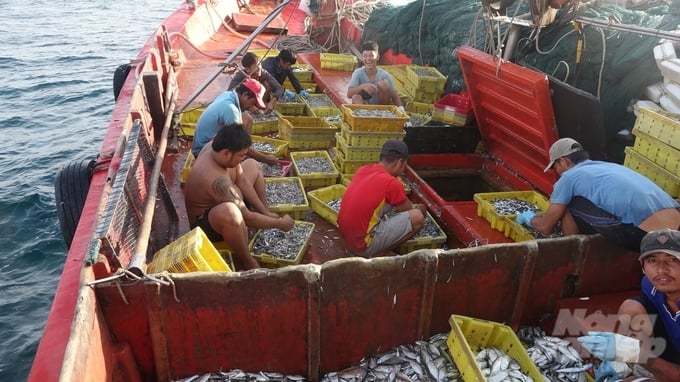
Fishermen pull nets on fishing boats off the coast bordering Thailand. Photo: Kien Trung.
The majority of ship owners and captains violate the law as a result of ineffective seafood exploitation in Vietnamese waters; there are instances in which, under pressure to repay bank debt when investing in means of practice at sea, they dispatch fishing vessels to foreign waters to engage in illicit seafood exploitation.
Translated by Linh Linh
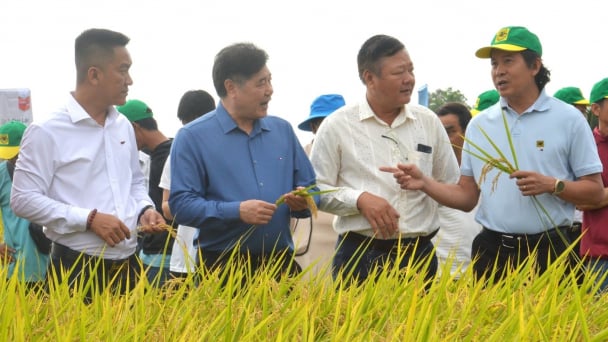
(VAN) The results from pilot fields are catalyzing the expansion of the One million hectares of high-quality, low-emission rice project in Kien Giang.
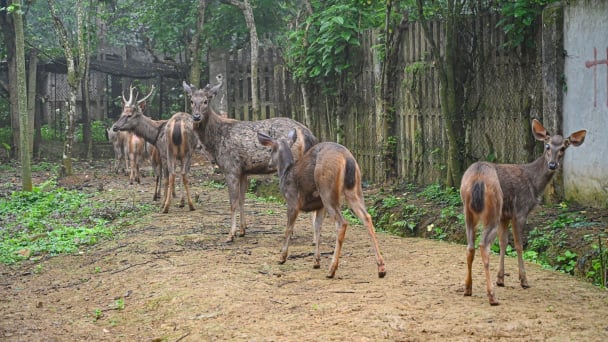
(VAN) On the morning of April 11, Cuc Phuong National Park received 18 individuals of endangered and rare wild animals from Da Nang city.
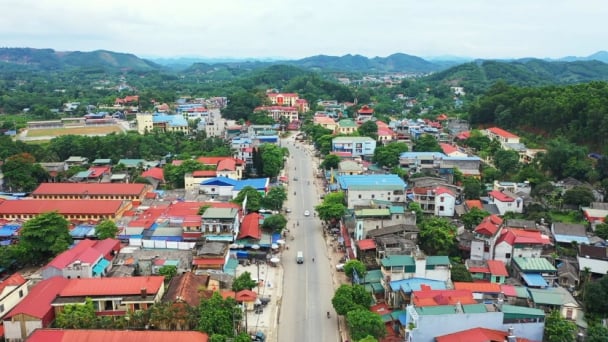
(VAN) FAO supports Vietnam in enhancing survey sampling techniques for the 2025 nationwide agricultural and rural census.
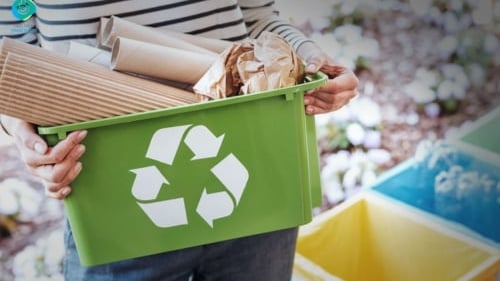
(VAN) By participating in the green transition, manufacturers become an indispensable part of the circular economy, contributing to resource optimization and environmental protection.
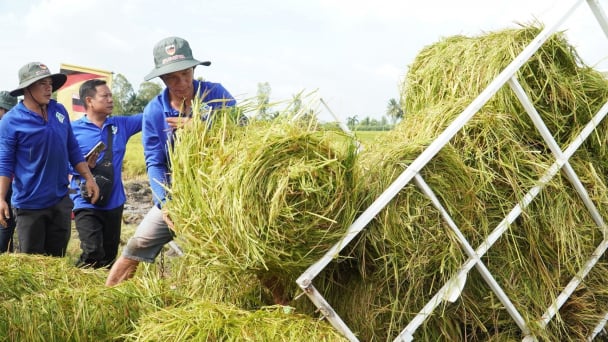
(VAN) The One Million Hectares of High-Quality and Low-Emission Rice Program can generate nearly 14 million tons of straw annually, posing an urgent requirement to diversify straw-based products.
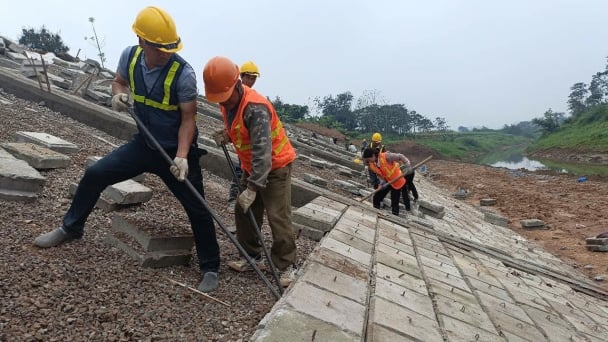
(VAN) This figure was recently announced at a conference held in Yen Bai, focusing on climate-resilient infrastructure development for ethnic minority regions.
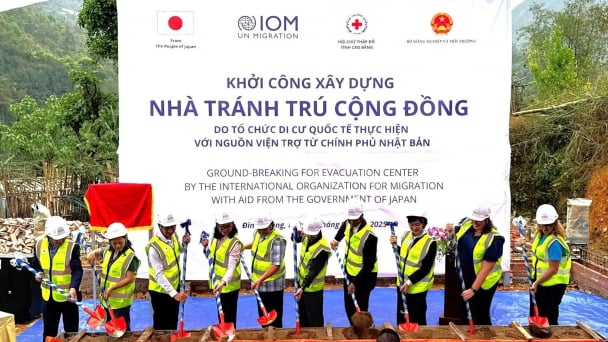
(VAN) The evacuation center is a practical work in efforts to respond to natural disasters and adapt to climate change in vulnerable areas.